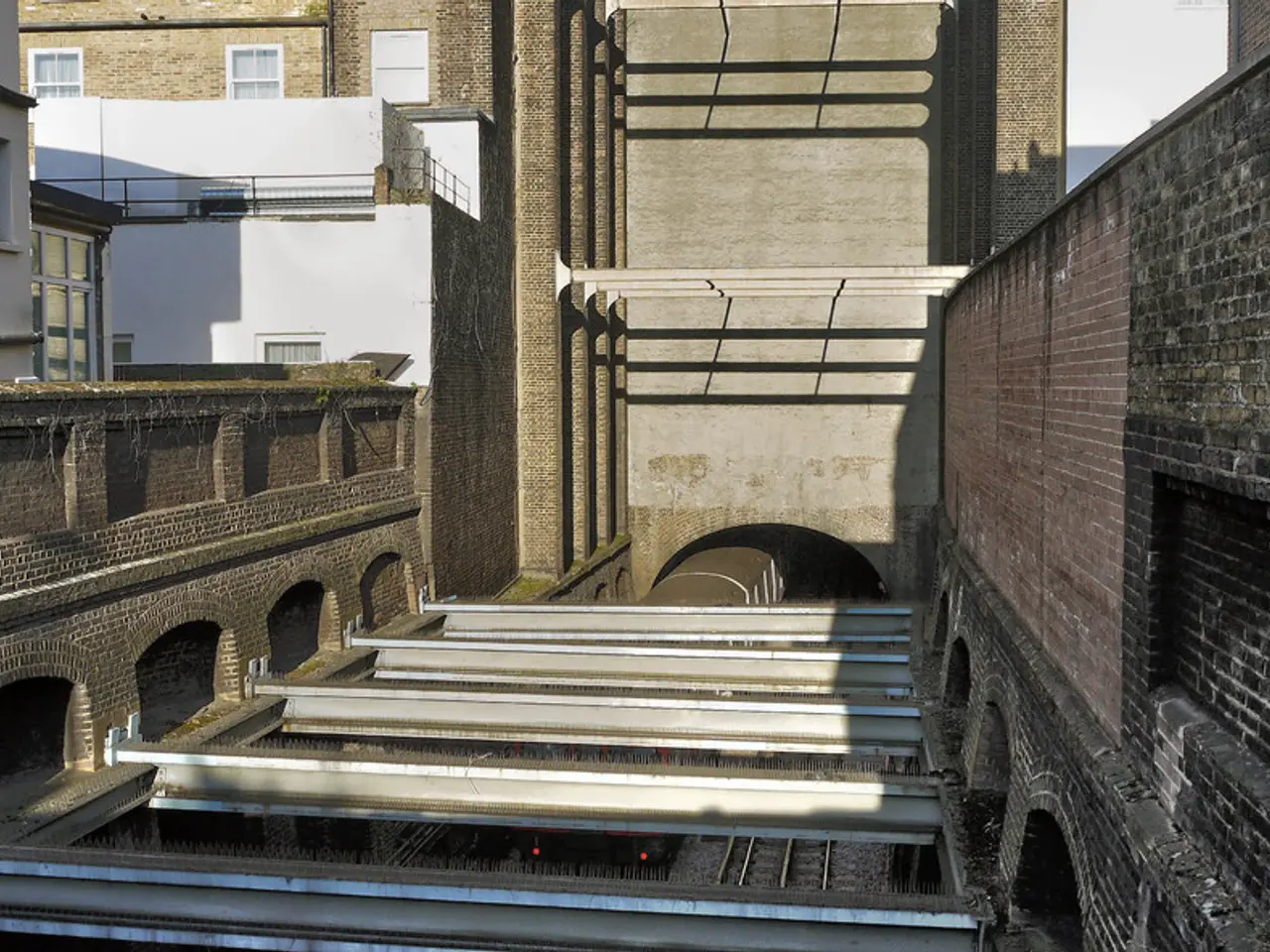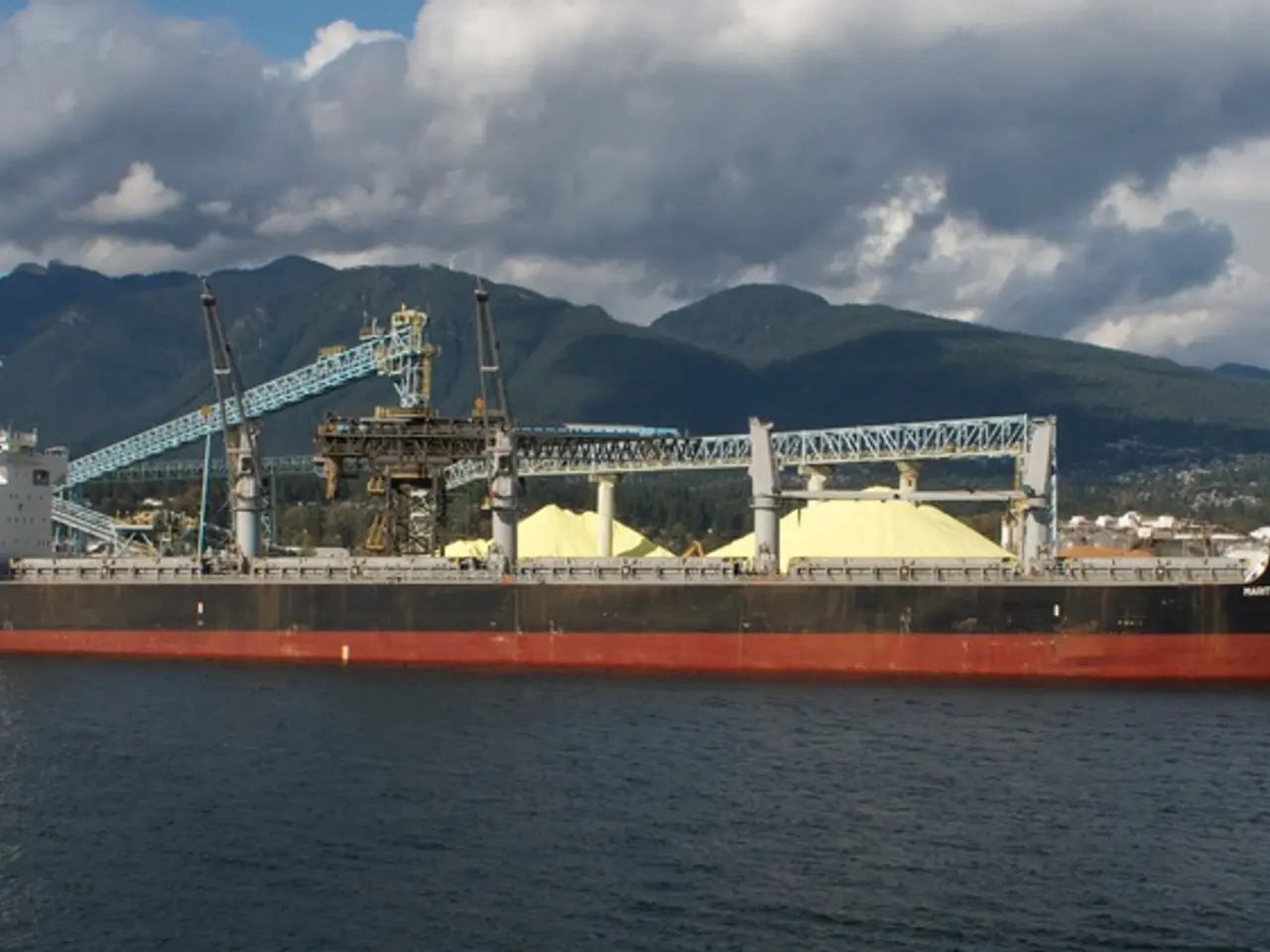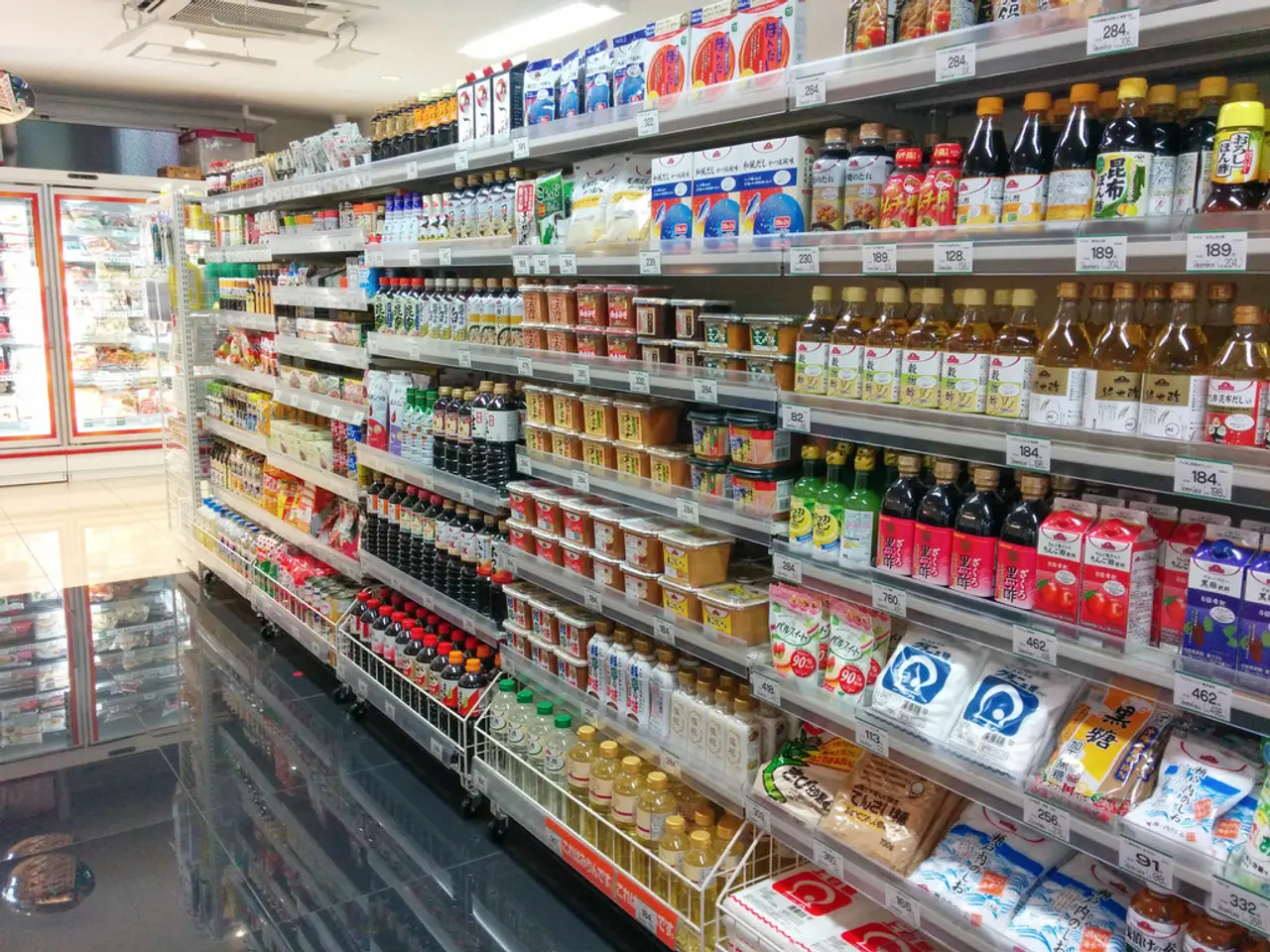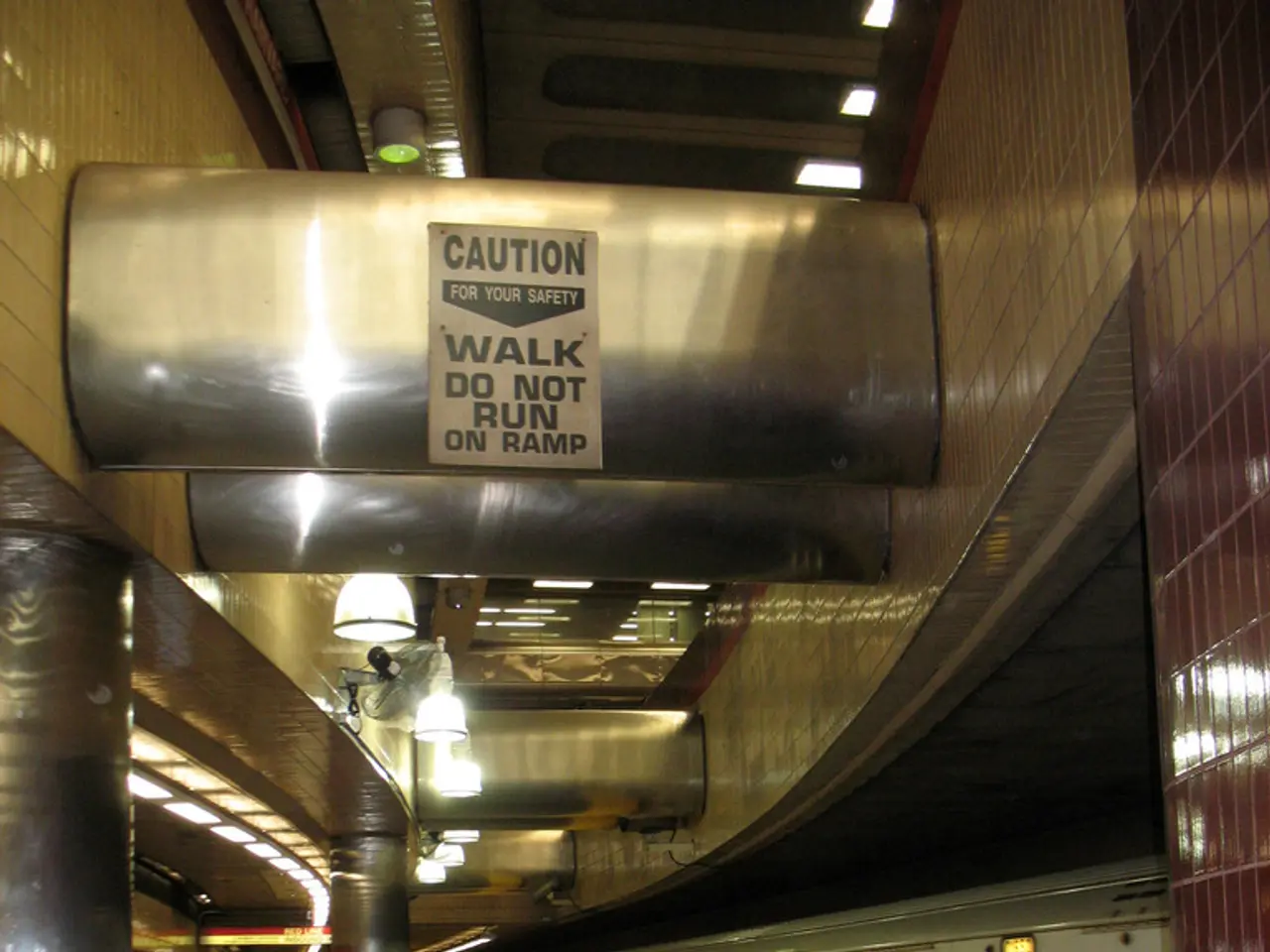Railway disorders in North Rhine-Westphalia: More disorder on the train tracks
**Rail Disruptions in North Rhine-Westphalia (NRW): A Persistent Challenge**
North Rhine-Westphalia (NRW), one of Germany's most industrialized and populous states, is grappling with persistent rail disruptions, a problem that seems to be worsening. The causes are manifold, with infrastructure modernization delays, high network utilization, and the specific demands of freight operations playing significant roles.
**Infrastructure Modernization Delays**
Deutsche Bahn (DB), Germany's state-owned rail operator, has announced that key rail route upgrades, initially planned for completion by 2031, have been pushed back to 2036. This means that over 40 heavily used lines across the country, many of which run through NRW, will continue to operate on aging or outdated infrastructure, increasing the likelihood of breakdowns and service interruptions.
**High Utilization and Mixed Traffic**
NRW's rail network is one of the busiest in Germany, handling a mix of regional, intercity, and freight traffic. This high utilization, especially on shared lines, increases wear and tear and reduces the available time slots for essential maintenance. Heavy freight trains, in particular, compound the stress on tracks and signaling systems, accelerating infrastructure degradation.
**Engineering Works and Line Closures**
Major engineering projects, such as electrification, bridge repairs, and track replacements, often necessitate significant line closures, leading to temporary but frequent service disruptions. Although these are necessary for long-term improvement, the short-term impacts are substantial, especially in a region with limited alternative routes.
**The Role of Freight Trains**
**Increased Load and Wear**
Freight trains are typically heavier and longer than passenger trains. Their passage places greater physical stress on tracks, switches, and bridges, leading to faster deterioration of infrastructure. In NRW, where freight transport is crucial for the industrial economy, this effect is magnified.
**Priority Conflicts**
Freight and passenger trains often compete for limited track capacity. While DB aims to prioritize passenger services, the sheer volume of freight traffic—especially during peak industrial production times—can lead to delays and cascading disruptions across the network.
**Scheduling and Network Complexity**
Integrating freight and passenger schedules is logistically challenging. Freight trains often run at slower speeds and may require longer stops for loading and unloading, which can lead to bottlenecks, especially at junctions and in densely networked areas like the Ruhr region.
**Current Situation**
The Hagen-Siegen-Frankfurt/Main (Ruhr-Sieg line) freight traffic diversion route is currently closed due to bridge damage. The high-speed Cologne-Frankfurt/Main line is full and has no capacity. Normally, most freight trains run on the right-bank railway line, but construction sites have made this track unavailable.
**Outlook and Challenges**
The combination of deferred maintenance, heavy mixed traffic, and the specific demands of freight operations creates a cycle where disruptions are both common and likely to intensify without significant investment in infrastructure renewal and capacity expansion. While some projects, like the Eifel Line electrification, are progressing, their benefits are years away, and the current strain on NRW's rail network appears set to continue.
In summary, rail disruptions in NRW are primarily driven by delayed infrastructure upgrades, high network utilization, and the physical and operational impacts of heavy freight traffic. Addressing these issues requires not only accelerated modernization but also innovative solutions to better manage the mix of passenger and freight services on one of Germany's most critical rail corridors.
[1] DB. (2022). DB Netz AG: Modernisierung der Eisenbahninfrastruktur in Deutschland. Retrieved from https://www.dbnetz.de/de/aktuelles/presse/pressemitteilungen/modernisierung-der-eisenbahninfrastruktur-in-deutschland.html [2] Pro Bahn. (2022). Stellungnahme zur DB-Konzernstrategie 2030. Retrieved from https://www.pro-bahn.de/fileadmin/user_upload/Dateien/Stellungnahmen/stellungnahme_db_konzernstrategie_2030.pdf [3] DB. (2022). DB Netz AG: Eisenbahninfrastruktur in Nordrhein-Westfalen. Retrieved from https://www.dbnetz.de/de/aktuelles/presse/pressemitteilungen/eisenbahninfrastruktur-in-nordrhein-westfalen.html
The ongoing rail disruptions in North Rhine-Westphalia (NRW) are not only caused by infrastructure modernization delays, but also by the industry's reliance on a kind used of rail network, which is among the busiest in Germany and handles mixed traffic, including freight operations that put additional stress on the infrastructure. In the finance sector, these disruptions lead to indirect costs for businesses and potential losses for passengers as a result of delayed or cancelled trips.




